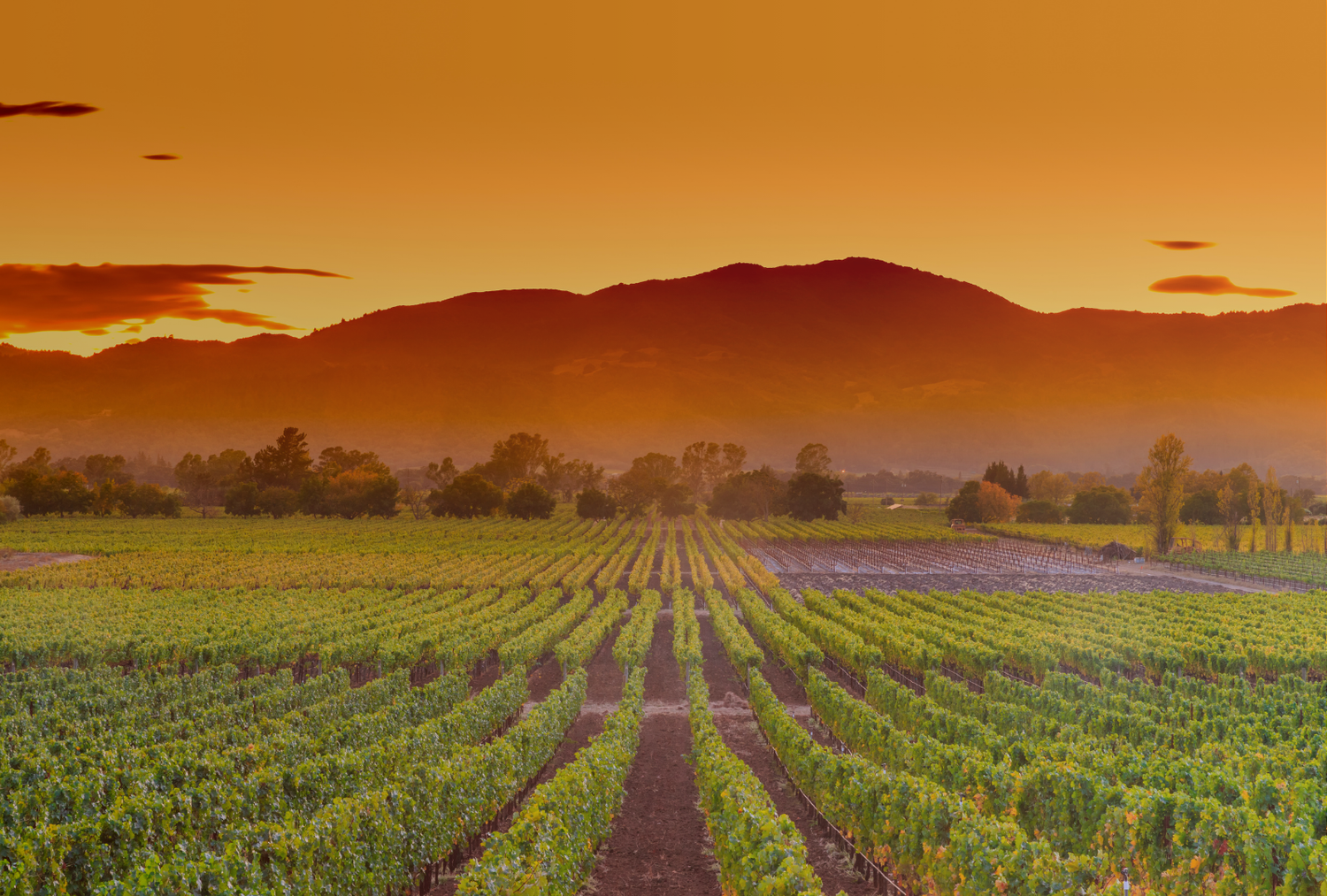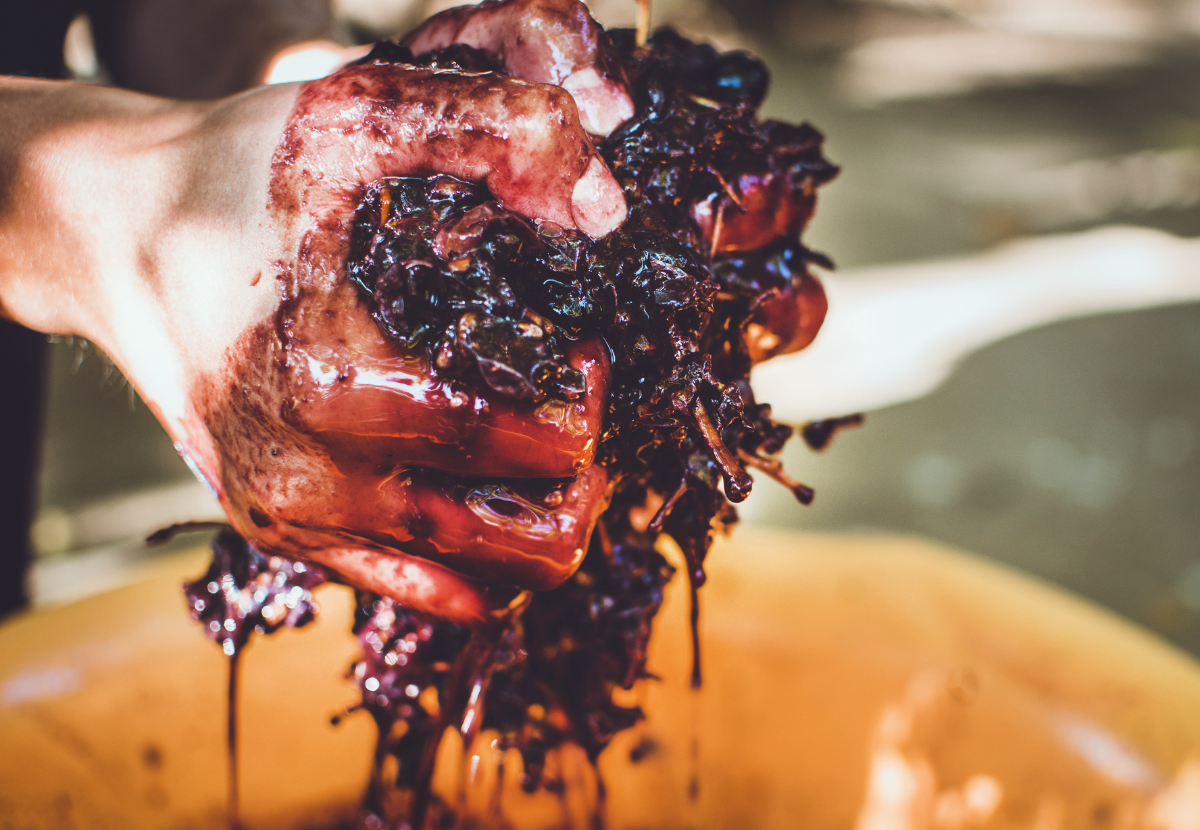A Return to Tradition
Natural wine is not a new invention but rather a return to traditional winemaking practices that have been around for centuries. In essence, it's about getting back to basics, embracing the inherent qualities of grapes and terroir, and minimizing intervention in the winemaking process.
Minimal Intervention, Maximum Expression
At its core, natural wine is all about minimal intervention. From the vineyard to the bottle, natural winemakers strive to let nature take the lead. This means eschewing the use of synthetic pesticides, herbicides, and fertilizers in the vineyard, opting instead for organic or biodynamic farming methods. In the winery, natural winemakers take a hands-off approach, allowing fermentation to occur spontaneously with the native yeasts present on the grape skins. They avoid the use of additives such as commercial yeast, enzymes, or fining agents, preferring to let the wine evolve naturally. The result? Wines that are vibrant, alive, and brimming with character.
Embracing Imperfection
One of the hallmarks of natural wine is its embrace of imperfection. Unlike mass-produced wines that are filtered to crystal clarity, natural wines are often unfiltered and unfined. This means they may contain sediments or appear slightly cloudy in the glass. But far from being flaws, these characteristics are seen as a testament to the wine's authenticity and vitality.
-
-
Low Sulfites, High Spirits
Sulfites, which are commonly used as preservatives in wine, are often kept to a minimum in natural wine production. While some winemakers may add a small amount of sulfites to stabilize the wine, many natural wines are made with little to no added sulfites. This can be a boon for those with sulfite sensitivities, as well as for anyone seeking a more pure and unadulterated wine-drinking experience.
Terroir, Transcendent
Perhaps the most captivating aspect of natural wine is its ability to express terroir—the unique sense of place imparted by the vineyard site, soil, climate, and grape variety.
Just like the intricate wine maps offered by Brushery Market, which meticulously detail the terroirs of various wine regions, natural wines capture the essence of their origins. With each sip, you're transported to the sun-drenched hills of Tuscany, the rolling vineyards of Bordeaux, or the rugged landscapes of California, experiencing the transcendent beauty of terroir firsthand. By allowing the grapes to speak for themselves, natural winemakers create wines that are deeply connected to their origins, telling a story of the land from which they hail.
A Toast to Diversity
In a world where mass-produced wines dominate the market, natural wine offers a welcome dose of diversity and individuality. From funky orange wines to lively pet-nats, each bottle of natural wine is a unique expression of its maker's vision and the land that nurtured the grapes.






